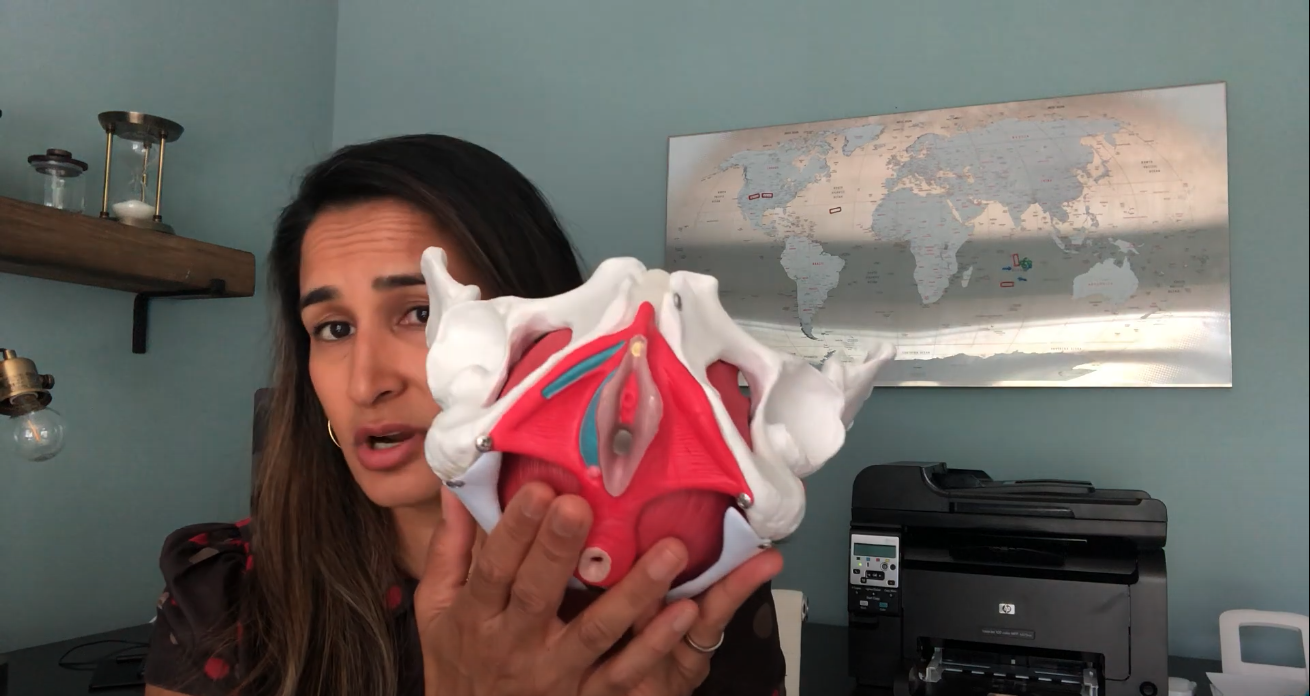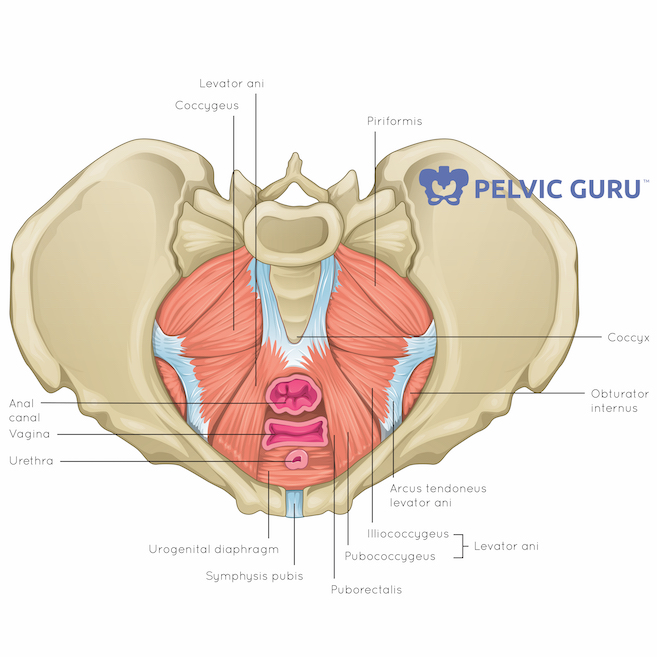
After undergoing cancer treatment, people are first and foremost thankful that they are alive and received treatment. However, we know from patients treated here at Rebalance Physical Therapy that quality of life after cancer is key. From first-hand accounts, we’ve heard that poor quality of life and a poor sex life can be even worse than the treatment itself. Oftentimes, physicians do not address quality of life issues that patients have after undergoing cancer treatments (breast, rectal, pelvic, etc.). There are some considerations and side effects—such as painful intercourse and difficulty with peeing or bowel movements—from cancer treatments that are not frequently talked about or fully explained, leading to a more frustrating recovery.
Radiation directed around the pelvic area can change the nature of the musculature of the pelvis and can lead to pain with intercourse as well as difficulty peeing and with bowel movements. Muscular changes stemming from cancer treatments can affect both men and women.

The pelvis contains a lot of musculature, known collectively as the pelvic floor. Radiation and cancer treatments can change how the pelvic muscles, the surrounding fascia, and other tissues in the pelvis function. Fascia is the connective tissue that connects and surrounds all of the other tissues in the body. Radiation can cause pelvic floor muscles, fascia, and other tissues to become ‘scarred down’, leading to tighter and less resilient tissues.
Pelvic floor muscles line the rectum, bladder, urethra, vagina, penis, and other structures in the pelvis. Due to this distribution of the pelvic floor muscles, they assist with peeing, intercourse, and rectal function. In order to function properly, the muscles of the pelvic floor have to be supple to allow things to go in and out. If the muscles become tight and scarred, it becomes difficult for the openings to function, causing painful intercourse, peeing, and/or bowel movements. The muscles of the pelvic floor are also considered “core” muscles and are connected to the movements and functioning of the hip, back, and abdominals. Tight and scarred pelvic floor muscles can lead to additional pain in the back, hips, and thighs.
Pelvic floor physical therapy, like the expert care found at Rebalance Physical Therapy, can help alleviate tightness in the pelvic floor muscles. Pelvic floor physical therapy specifically works with pelvic floor muscles to make them soft and supple to allow them to properly function. Pelvic floor physical therapists will also work on releasing and strengthening the other muscles in your core, back, and hips to help you find pain relief and address any other issues that may be contributing to your painful symptoms.
If you live near Philadelphia, PA, please visit Rebalance Physical Therapy, an orthopedic and pelvic floor physical therapy clinic, in Narberth, PA, or Center City, Philadelphia. If you live in Pennsylvania but are not near Philadelphia, you can schedule a telehealth visit with us. If you do not live in PA but are finished with cancer treatments and are approved by your physician to resume regular activity and physical therapy, you can enroll in our online video course. In the course—we have Male and Female Pelvic Pain Solutions—you will learn how to relieve tightness in the pelvis, hips, back, and how to release the pelvic floor muscles yourself. Registrants of the Pelvic Pain Solution course can ask questions and interact with our physical therapists for more personalized care. Pelvic floor physical therapy will improve the flexibility and suppleness of the pelvic floor muscles to help you find a better quality of life so you can enjoy life after treatment, pain-free.
In-Person and Online Consultations


